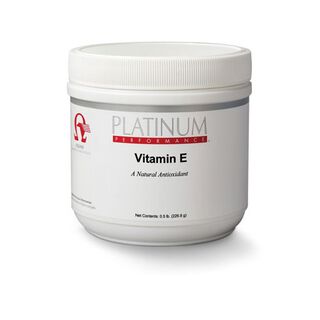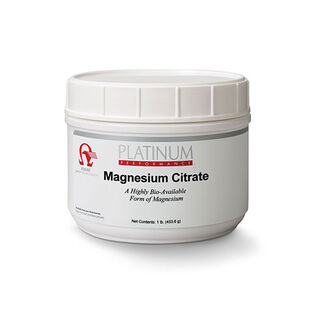Platinum Performance® Equine was created out of clinical necessity as a comprehensive omega-3 formula to transform equine health at the cellular level. Because of its comprehensive nature, the ingredients work synergistically to support every aspect of health and performance, including joints, muscles, hooves, skin and coat, digestion and more.
$15KThis formula qualifies for Platinum Colic Coverage®Platinum Colic Coverage®. Enrollment is required.
Recommended daily dosage for a 1,000 lb horse is 2 scoops, which is 2 servings.
By combining advanced support for healthy digestion and joint function with premium wellness ingredients, Platinum Performance® DJ is an innovative one bucket solution to horse health and longevity. This veterinary developed formula combines the benefits from Platinum Performance® Equine with probiotics and yeast extracts that support intestinal integrity and immune health. Additionally, this formula introduces a novel combination of tamarind and turmeric extracts that maintains healthy levels of inflammation and provides powerful joint nourishment.
$15KThis formula qualifies for Platinum Colic Coverage®Platinum Colic Coverage®. Enrollment is required.
Recommended daily dosage for a 1,000 lb horse is 2 scoops, which is 2 servings.
Horses with trigeminal-mediated headshaking experience occasional discomfort, leading to poor quality of life in some cases. Platinum Steady™ has been shown to support horses that display headshaking behavior, when compared with a diet consisting of hay only. Platinum Steady™ should be used in conjunction with one of these four formulas for best results: Platinum Performance® Equine, Platinum Performance® GI, Platinum Performance® DJ, or Platinum Performance® CJ.
Platinum Performance® GI provides a gastrointestinal-focused approach to total horse health. Because an estimated 70-80 percent of the immune system lives in a horse’s digestive tract, gut health is not only important for proper digestion but also has far reaching implications on immune health and comprehensive wellness. This veterinary-developed formula provides omega-3 fatty acids, antioxidants, vitamins and trace minerals for total body health, along with Bio-Sponge®, prebiotics, probiotics and glutamine for advanced digestive support.
$15KThis formula qualifies for Platinum Colic Coverage®Platinum Colic Coverage®. Enrollment is required.
Recommended daily dosage for a 1,000 lb horse is 2 scoops, which is 2 servings.
Our most potent joint support formula combines a whole-horse wellness formula with comprehensive joint support. Popular with performance horses and senior horses, Platinum Performance® CJ was developed in veterinary practice and is the only supplement of its kind to provide extensive joint support with all of the benefits of Platinum Performance® Equine to support every part of the horse from digestion, skin & coat, hooves, and more.
$15KThis formula qualifies for Platinum Colic Coverage®Platinum Colic Coverage®. Enrollment is required.
Recommended daily dosage for a 1,000 lb horse is 2 scoops, which is 2 servings.
Vitamin E works as an antioxidant, helping to support cell activity and protects cell membranes from free radicals. It is often used to help performance horses that experience temporary muscle soreness.
More Details »
What is Headshaking in Horses?
While all horses shake their heads in response to flies and other insects, horses with headshaking syndrome display a repetitive, involuntary up-and-down, vertical motion that is more severe and predictable than normal headshaking.
Management Strategies for Horses with Headshaking:
Because all horses are different and headshaking can be caused by multiple factors, it is important to start with a single treatment and continue long enough to conclude if treatment has an effect before trying other strategies.
- UV Mask: Use a 90% UV blocking mask consistently.
- Fly Mask Over Nose: Use a lighter mask or nose net for riding or exercise.
- Dark Places: Keep the horse in a screened or darkened stall during the day, with turnout at night.
- Insect Control: Many headshakers are more sensitive to insects so use fly sprays and sheets to repel bugs.
- Magnesium: Supplementation with magnesium can have a calming effect and support normal functioning of the trigeminal nerve. Boron helps support the absorption of magnesium.
Learn about Platinum Steady, with ingredients including boron and magnesium citrate






